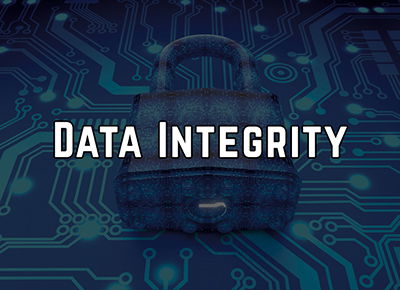Data Integrity For In Vivo Bioavailability And Bioequivalence (BA/BE) Studies
🎤 G. Sundar | 📅 September 30, 2024 | 🕒 10 AM Eastern Time US
Description:
This session is designed to provide participants with a comprehensive understanding of data integrity requirements specific to in vivo bioavailability and bioequivalence (BA/BE) studies, which are crucial in pharmaceutical research. Data integrity is paramount in ensuring that the results of these studies are accurate, reliable, and compliant with regulatory standards.
The webinar will begin with an introduction to the importance of data integrity in pharmaceutical research, particularly in BA/BE studies. Participants will then receive an overview of relevant guideline documents, including their purpose, scope, and key sections. The session will delve into fundamental concepts of data integrity, such as accuracy, completeness, and reliability, and illustrate these concepts with practical examples.
The regulatory requirements and best practices for data management, documentation, and reporting in BA/BE studies will be thoroughly reviewed. Guidance on maintaining electronic records and implementing data security measures will be provided. The session will also feature case studies and real-life examples to highlight common data integrity issues and discuss root causes and potential solutions.
Quality control (QC) and quality assurance (QA) roles in ensuring data integrity will be examined, with examples of QC/QA procedures relevant to BA/BE studies. The webinar will conclude with a Q&A session, allowing participants to seek clarifications and discuss specific challenges they face in ensuring data integrity.
The technical knowledge and tips provided in this webinar will help participants enhance their data management practices, ensuring that their BA/BE studies meet regulatory standards and produce reliable results. By attending, you will gain a deeper understanding of the importance of data integrity in pharmaceutical research and be better equipped to implement effective data management strategies in your studies.
Areas Covered in the Session:
- Introduction to Data Integrity
- Define data integrity and its significance in pharmaceutical research.
- Discuss the importance of data integrity in in vivo bioavailability and bioequivalence studies.
- Overview of the Guideline
- Provide an overview of the guideline document.
- Explain the purpose, scope, and regulatory context of the guideline.
- Highlight key sections and topics covered in the document.
- Fundamental Concepts of Data Integrity
- Define fundamental concepts related to data integrity, such as accuracy, completeness, and reliability.
- Discuss the principles of Good Clinical Practice (GCP) and Good Laboratory Practice (GLP) concerning data integrity.
- Provide examples to illustrate each concept and its application in bioavailability and bioequivalence studies.
- Regulatory Requirements and Best Practices
- Review regulatory requirements outlined in the guideline for ensuring data integrity.
- Discuss best practices for data management, documentation, and reporting in bioavailability and bioequivalence studies.
- Provide guidance on maintaining electronic records and implementing data security measures.
- Case Studies and Examples
- Present case studies or real-life examples of data integrity issues in bioavailability and bioequivalence studies.
- Analyze each case study, identifying root causes and potential solutions.
- Facilitate group discussions to encourage participants to share their insights and experiences.
- Quality Control and Quality Assurance
- Explain the roles of quality control (QC) and quality assurance (QA) in ensuring data integrity.
- Discuss the importance of QC/QA measures in preventing and detecting data integrity issues.
- Provide examples of QC/QA procedures relevant to bioavailability and bioequivalence studies.


